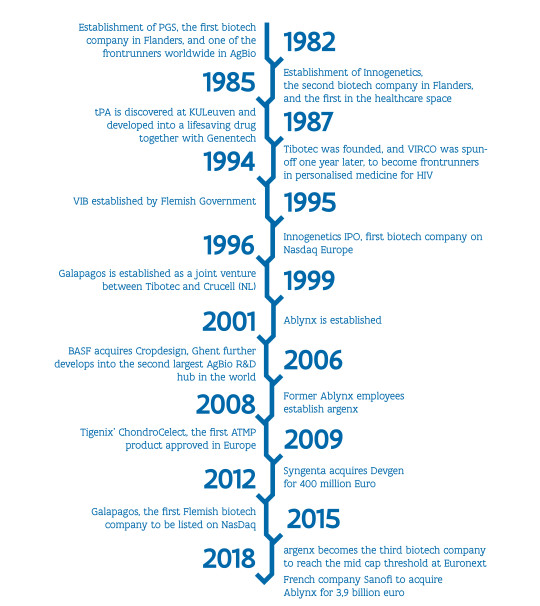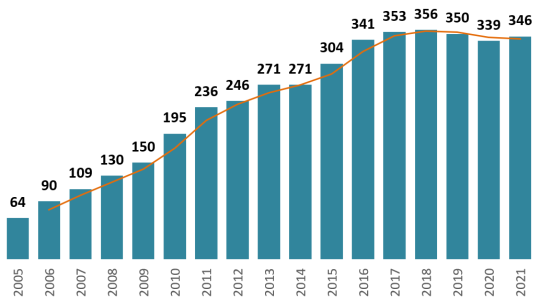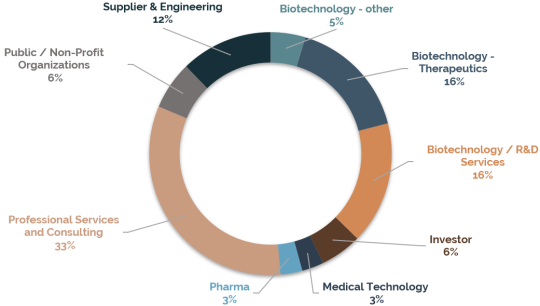History

Life sciences sector history
Ground breaking science back in the seventies and eighties led to the establishment of some of the first biotechnology companies in the world in health and in agro-biotech, and one of the first life saving biologics in the cardiovascular domain. New therapeutics in infectious diseases and the first approved ATMP in Europe were to follow. Over the years, the sector has witnessed a continuous growth, thanks to a number of factors, one of which being the strong R&D base at Universities, at research institutes like the VIB and the biotech industry. Further, a growing community of serial entrepreneurs and investors in the sector and a supportive government have been instrumental for the Belgian biotech sector to thrive. Finally, the important pharma and AgBio R&D footprint in the country with Janssen Pharmaceutica, GSK, UCB, Sanofi, and BASF and leading manufacturing and production sites of top ten pharma and medtech companies like Pfizer, Novartis and Baxter, shape a professional landscape that is fully dedicated to bringing life sciences solutions to the patient and consumer.

flanders.bio history
flanders.bio was established in 2004 by a number of life sciences entrepreneurs, VC’s and the research institute VIB. As an independent not for profit industry association, we have actively reached out to the life science community, and have profited from the strong growth of the sector in the past 16 years.

Today we count over 340 members and represent the life science network economy in its broadest sense, including our core R&D focused life sciences companies, Universities and research institutes and professional service providers, not only in Flanders but also from the Brussels region, Wallonia and other countries like the Netherlands, France, Italy, the UK, ..
About the ecosystem
Innovation is at the core of the life sciences sector and Belgium has a track record of developing ingenious ways to improve the quality of life of millions of people worldwide. The Belgian life sciences sector is responsible for almost 50% of all R&D expenses by the industry in its totality in Belgium and 10% of the R&D of the European biopharmaceutical industry.
Not only extensive life sciences facilities support this high-level technology industry but also financial benefits for R&D companies, international collaborations that guarantee regular cash flow, world known educational systems, a promising product pipeline, and Belgium’s unique central location in Europe.
Belgium concentrates on a small territory (30,528 km2) more than 300 life sciences companies with biotech activities. In total, the life sciences sector employs more than 30,000 people (low bound estimation that does not take into account indirect employment generated by the sector). The majority of the companies is related to healthcare, but Belgium also has a strong representation of agricultural and industrial biotech companies.
The growing life sciences sector gathers 8 main Belgian universities, 19 research parks and 23 incubators, research institutes, academic hospitals, and clinical research organisations. Biotech companies have access to more than 500,000 square feet of highly flexible infrastructure.
Additional assets of Belgium includes: a supportive regulatory and political environment, a highly qualified and productive workforce, a competitive tax environment especially for research companies, a prominent location and an excellent logistical and business infrastructure.
More info?
Contact us













